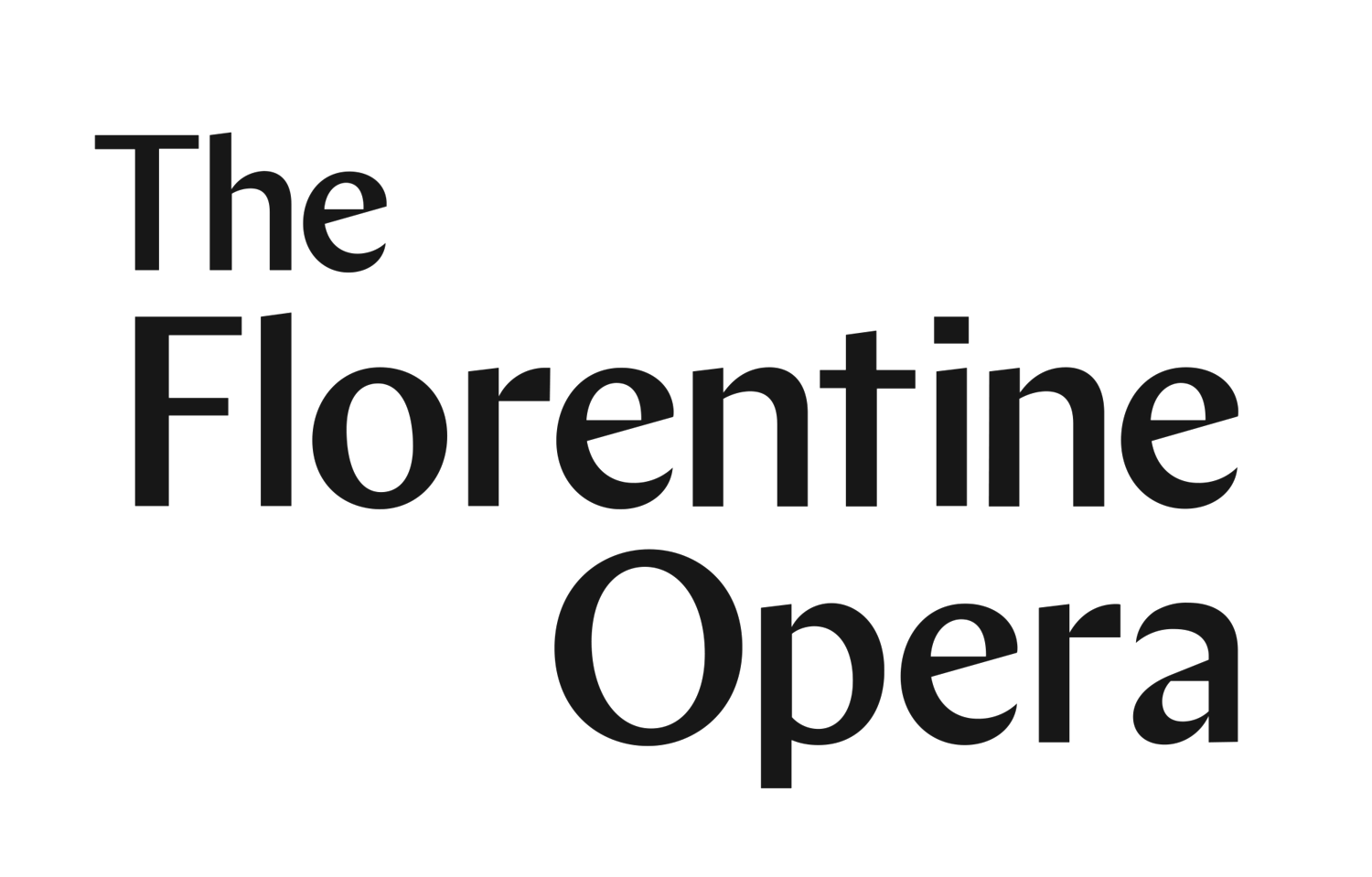The (R)Evolution of Steve Jobs, Quarantined
Many of the operas we’re showcasing are classics, written so long ago and yet still meaningful to us today. The same impact can also come from something fresh off the presses. While we can’t enjoy a full edition of this opera on the internet yet, let’s honor San Francisco’s cancelled “The (R)Evolution of Steve Jobs” by exploring of of the rising modern opera successes of our day.
Need to Know
Exploring modern opera is a bit like investing in Apple when it was still run out of a garage. Some nerdy boys in a garage will make your investment totally worth it; some won’t. Very few people can advise you on what they’re doing, because it doesn’t exist yet.
How exciting to be in the audience the first time an opera is brought to the stage! The very first cast, usually a production developed closely with the composer, and an electric level of energy that comes from having NO IDEA what’s going to happen. Will the audience love it? Will they hate it, but keep talking about it so everyone else wants to see it? Will the first night bomb, but the rest of the run explode into success? Are there breakout favorite tunes in it that will be sung in auditions for the next decade?
Often, modern music lovers are looking for a new sound palette, something that justifies adding a piece to the repertoire. I’ve included some reviews below, so you can listen to the clips and see who you agree with. And if you prefer to make up your own mind, you’ve got a lot of leeway here. So if you’re thrilled by being the first in the door, this one’s for you.
When you see a brand spanking new opera get picked up across the country before it’s first run has even closed, you know it’s worth looking into. This opera started in Santa Fe, heading to San Francisco and Seattle next. (Translation: Big houses, so strong investment in its success.) This 20-scene, 90-minute piece skips through time and themes like modern fiction. Don’t expect a streamlined unrolling of plot. But there’s a lyricism to the sound, mixed with a broad and eclectic instrumentation that makes it clear this wasn’t written by Puccini. Did I mention this won the Grammy for Best Opera Recording in 2019? So is it a masterpiece, or just hype? You decide.
Synopsis and Excerpts
Read more about how the opera fits together here, thanks to San Francisco Opera. They’ve also assembled some great audio excerpts, so you can get a feel for the sound. They have video clips and an interview with the compser, as well.
If you’d like to hear how the composer and librettist Mark Campbell (the person who wrote the words and story) built this from the ground up, they gave a short explanation from Santa Fe.
Who Writes Opera?
Mason Bates, the composer, is a professor, a DJ, a compposer, and is equally welcome at the Chicago Symphony or in a club. This opera was one of the best-selling productions in the history of Santa Fe Opera and won a Grammy. He works on film scores and experiments with soundscapes. In 2018, he was named Composer of the Year by Musical America. Here’s the excerpt he features on his website.
Byte the Apple
Try John’s newest concoction, based on the apple, of course! He’ll show you how to make a Washington Apple cocktail.
Ingredients
1 oz: Whiskey
1 oz: Apple Liqueur
1oz: Cranberry Juice
Apple Slide for Garnish
Directions: Add Whiskey, Apple Liqueur, and Cranberry Juice to your shaker with ice and shake till chilled (20 seconds). Strain into a coup glass and garnish with apple slice. Enjoy!
Did We Like It?
We talk about how historic operas were received, and sometimes laugh off a tough reception of an enduring classic. (One of my favorite things to do is read scathing reviews from back in the day - these critics were so sure of their position! I love this article of bad “bad” reviews, like the guy who panned La Boheme.) Reviews still have a ton of impact, especially with a piece no one knows, in a market where we often don’t have the rights to post a show online. Some people love it, some hate it. “Meh!” doesn’t sell.
NPR tried to capture the essence of what made Jobs such an operatic subject, and how Bates and Campbell captured him.
Washington Post was inspired by this opera and modern opera in general to explore where it fits in today’s storytelling choices: “What opera really needs is higher expectations.” In short, if opera wants to be vibrant, it has to live up to the same standards as great TV. Here’s the Washington Post review of the sold-out Santa Fe production as well.
The New York Times had some really interesting context for their review. And LA Times felt it was a solid reflection of its various influences and the art form.
And finally, the Financial Times reflects on the parallels of this opera to a hit musical, as the roar of audience approval doesn’t sound that different.
